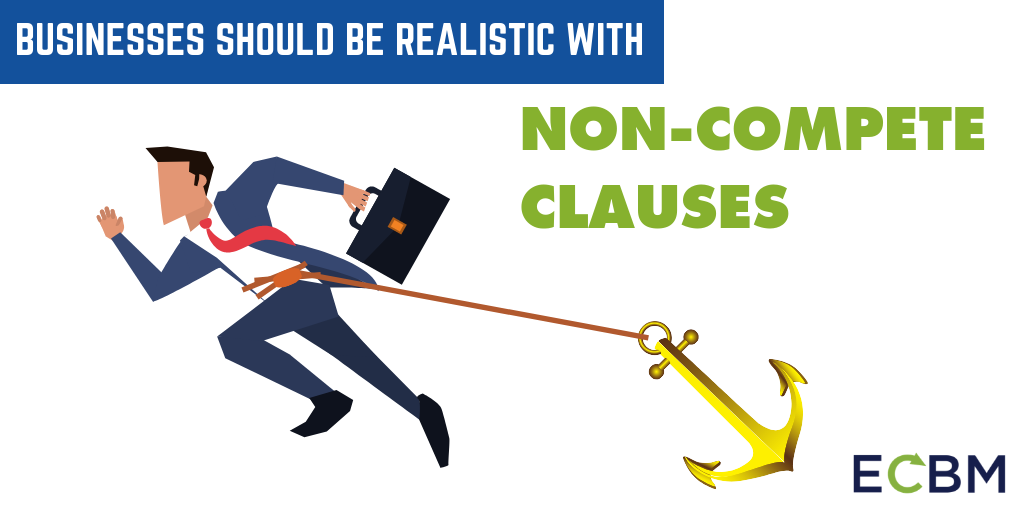
Employment contracts can represent a large area of potential risk for modern businesses. Many companies are used to thinking of their employment practices as an area where lack of diligence can lead to massive lawsuits. Most realize that solid employment contracts can protect them from potential lawsuits by laying out clear expectations for the employer-employee relationship and through agreements to engage in methods of alternative dispute resolution. Still, the contracts, whether as a separate document or through the use of an employee handbook that serves as a binding contract, can lead to several potential landmines for the unwary.
Why Companies Need Non-Compete Clauses
One area of increased litigation in the realm of employment contracts focuses non-compete clauses. Non-compete clauses are vital ways for businesses to protect some of their most important assets - relationships and trade secrets. An employer spends a considerable sum bringing employees up to speed and helping them form beneficial relationships with customers and vendors. It does not take much of an imagination to see how training an employee in the in and outs of your products only to have them immediately take a job with a chief competitor could hurt a company. Non-compete clauses therefore offer businesses needed protection and security.
Would Your Non-Compete Clause Stand Up In Court?
Still, companies that choose to use non-compete clauses need to exercise their due diligence. Courts can invalidate non-compete clauses for a host of reasons, the most common of which is that the non-compete clause is too restrictive and therefore void for reasons of public policy. The limits of acceptability for non-compete clauses can vary significantly from one jurisdiction to the next, though almost all Courts use a “reasonableness” framework. Non-compete clauses that last for multiple years, or that span the entire globe, are likely to be considered unreasonable.
Does Your Company Need A Non-Compete Clause?
When crafting non-compete clauses, companies really need to think through the nature of the risk posed by the employee leaving for a competitor. Trying a one size fits all approach with non-compete clauses will likely backfire. A software engineer probably needs a different type of non-compete clause than a salesman. Carefully crafting the details of the non-compete clause to fit the nature of the risk posed will help avoid alienating employees unnecessarily and help ensure the agreements not to compete stay enforceable.
Getting Non-Compete Clauses Right From The Start
Finally, there is one easy to overlook part of a non-compete clause that may render it unenforceable. All contractual agreements require consideration. If you wish your employees to give up the right to go work for your competitor, you must give them something in return. Often, with non-compete clauses, the consideration is continued employment with your company. That means, however, that the non-compete clause must be part of the initial offer of employment or employment contract. Simply asking an employee to sign a non-compete contract three months after they start work will not suffice.
Addressing these problems at the start by crafting specific and reasonable non-compete clauses can help save companies the money and hassle that comes with employment litigation. It can give your company the security needed to invest in your employees so that those employees can help drive your company forward, so long as you take the time to avoid .
